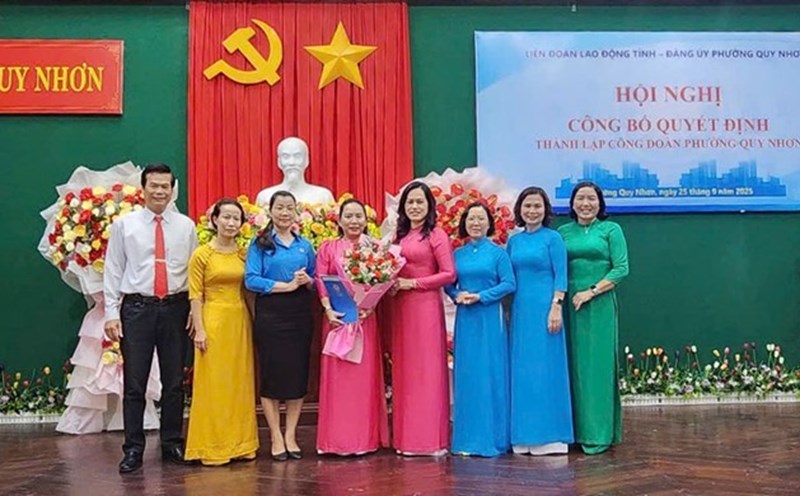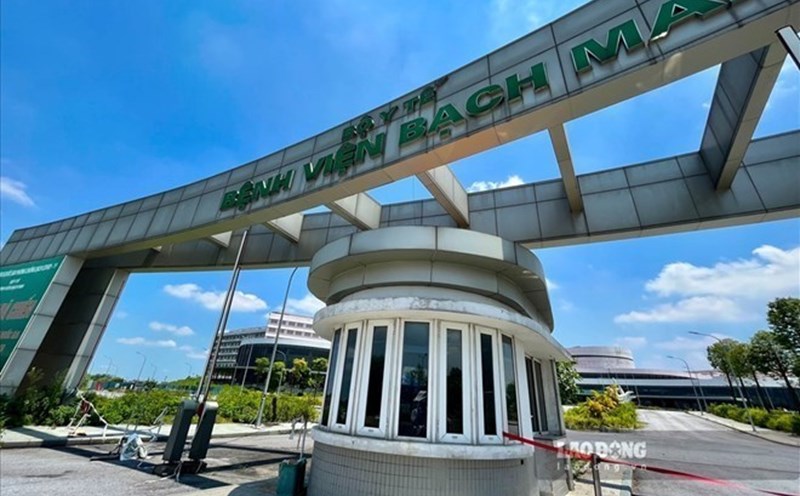The whole province currently has 2,693 villages and residential groups, including 2,028 villages and 665 residential groups. Each village and residential group has 1 village chief and 1,800 people holding the deputy position. The total number of non-professional workers (PCs) at the commune level is 4,138, of which 1,649 people have proposed to resolve policies; 62 people have been assigned to villages and residential groups; the remaining 2,427 people 1,972 people have been assigned to support Party agencies, the Fatherland Front, and mass organizations at the commune level).
Before the merger, the old Gia Lai and the old Binh Dinh provinces issued resolutions on policies and regimes for shareholders at the commune, village and neighborhood levels, including support levels, concurrent allowances and operating expenses of socio-political organizations, to support policies for those who are eligible to receive them and encourage them to fulfill their tasks well. After the merger, Gia Lai province will continue to implement this regime and policy.
According to the People's Committee of the new Gia Lai province, the activities of villages and residential groups are increasingly stable, promptly implementing the programs, resolutions and policies of the Party and State to each household; promptly resolving issues of security, order, environment, economic and cultural development; and at the same time being a bridge between the government and the people, helping local leaders grasp the aspirations, opinions and requests of the people...
However, some limitations still exist. The coordination between village groups, residential groups, the Vietnam Fatherland Front and mass organizations in some places is not tight. Building a team of qualified and capable Board of Directors still faces many difficulties. Some people have been trained in State management, expertise, and professionalism but have encountered difficulties when applying it in practice. Although the current allowance level has increased, it has not met the requirements; the workload is large, the area is large, while the equipment and facilities are still limited, affecting work resolution.
According to current regulations, each village and residential group has 1 head and only 1 deputy head when needed. However, the current workload is too large, unable to take on all. Therefore, on September 10, the People's Committee of Gia Lai province proposed that the Ministry of Home Affairs study, based on the population size and characteristics of each type of village and residential group to regulate the number of appropriate deputy heads; at the same time, organize training and fostering to improve capacity, responsibility, skills and profession for this team.
"It is recommended to consider raising the allowance for Board of Directors and those directly participating in activities in villages and neighborhoods, ensuring that it is suitable for the assigned workload and tasks, in order to improve responsibility and efficiency in performing tasks. At the same time, support funding to upgrade and invest in the construction of village halls and residential groups that have degraded or have limited areas, ensuring living conditions and serving the community" - the province proposed.











